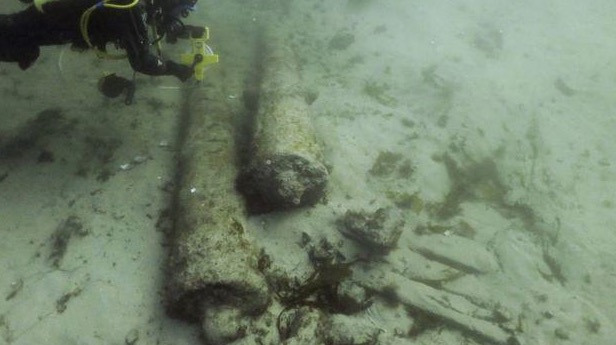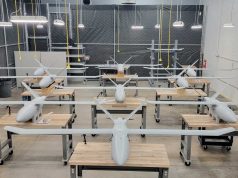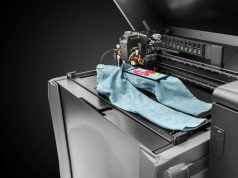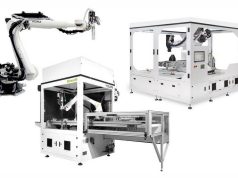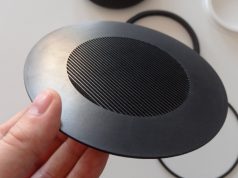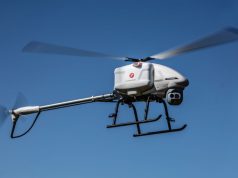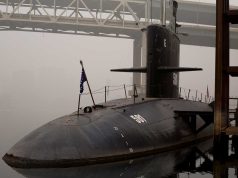The Scottish Office of Wessex Arechaeology has used 3D printing technology to recreate underwater shipwreck sites.
3D models of the two shipwrecks of the 17th and 18th century were created based on photographs and sound captured by sonar sensors. Archaelogists have increasingly been using digital reconstruction techniques not only to carry out analysis of the remains but also to share the wreck sites with the public.
One of the 3D printed wrecks is the Drumbeg from the late 17th or early 18th century. It is of northern European origin and lies at a depth of 12 meters in Eddrachillis Bay in Sutherland. Archaeologists still haven’t confirmed its identity. Three cannons, two anchors and partial hull remains are still preserved on an below the seabed.
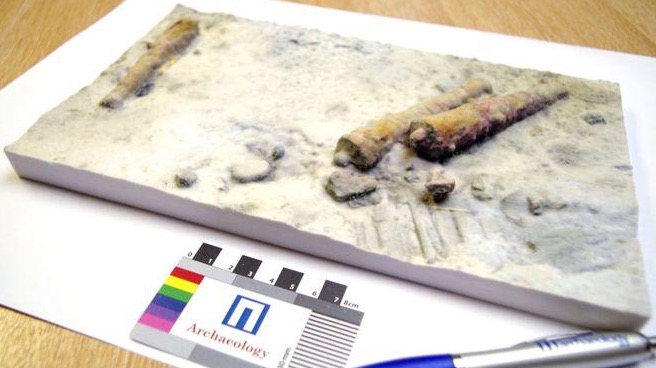
For the second and larger site, the HMHS Anglia, multibeam sonar data was used to create the 3D model of the wreck. This techniques records the shape of the wreck using sound, while it cannot capture the colour. The ship sunk during World War I and was used as a hospital returning wounded veterans to the UK.
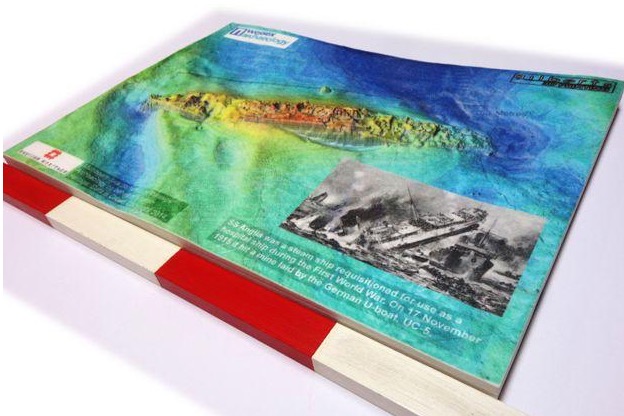
Archaeologist John McCarthy, who undertook the 3D modelling of the sites, explains: “It’s been a fascinating process to transform the light captured in the photographs and the sound captured by the sonar sensors back into solid objects through the 3D printing process. We are very excited about the potential for this technology to help us to show the wider community what it’s like to visit the site without having to learn to dive or even get your feet wet! We hope that future surveys by our team can result in more models which can be used in local and national museum displays and at talks and open days”.
Subscribe to our Newsletter
3DPResso is a weekly newsletter that links to the most exciting global stories from the 3D printing and additive manufacturing industry.



